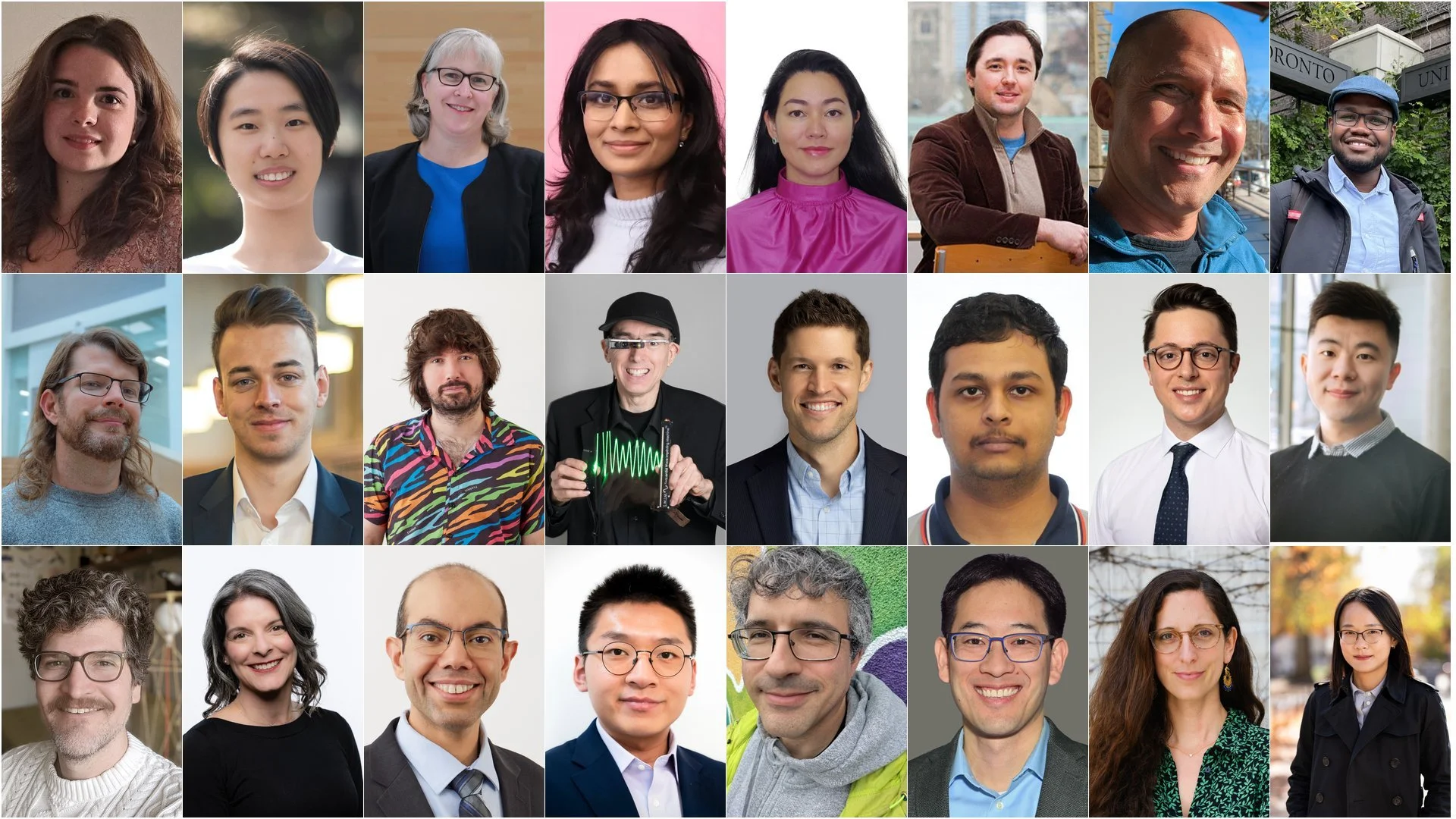SRI announces postdoctoral research fellowship to explore human normative systems
Are you a scholar with a PhD in a computational discipline such as economics, computational social science, or computer science? The Schwartz Reisman Institute is hiring a new postdoctoral fellow to engage in a research program headed by SRI Director and Chair Gillian Hadfield that will explore the phenomenon of human normativity, cooperation, and group coordination.
The Schwartz Reisman Institute for Technology and Society is seeking a postdoctoral fellow (PDF) to work on a research program headed by its Director and Chair Gillian Hadfield on the phenomenon of human normativity—the practice of classifying actions or states as acceptable or not, and coordinating enforcement schemes to channel behaviour according to that classification.
This research program will build models to study and test the emergence and dynamics of norms and normative social orders.
The candidate’s research agenda should address a topic that engages with normativity as a system-level feature of human groups, examining potential questions such as:
What attributes of normative systems contribute to their stability, robustness, and adaptability?
What factors support cooperation and coordination to generate value for human groups?
How do groups of agents settle (equilibrate) on normative classification for novel behaviours?
The candidate’s work will ideally be rooted as closely as possible in a rational agent and equilibrium approach to decisions about third-party norm enforcement and compliance. Familiarity with formal modeling of norms and evolutionary approaches to norms as well as behavioural economics are key assets.
This is a one-year position with potential for renewal, with a start date of September 1, 2023 or sooner. Applications will be accepted until the position is filled.
The postdoctoral fellow will be an integral part of the Schwartz Reisman research community—one marked by interdisciplinarity, collaboration, and a commitment to developing innovative research and actionable solutions for pressing real-world problems related to emerging technologies.
We look forward to hearing what applicants’ work can bring to this program, as well as to the larger mission and vision of the Schwartz Reisman Institute for Technology and Society: to build integrative research and human-centred solutions that ensure technology improves life—for everyone.








